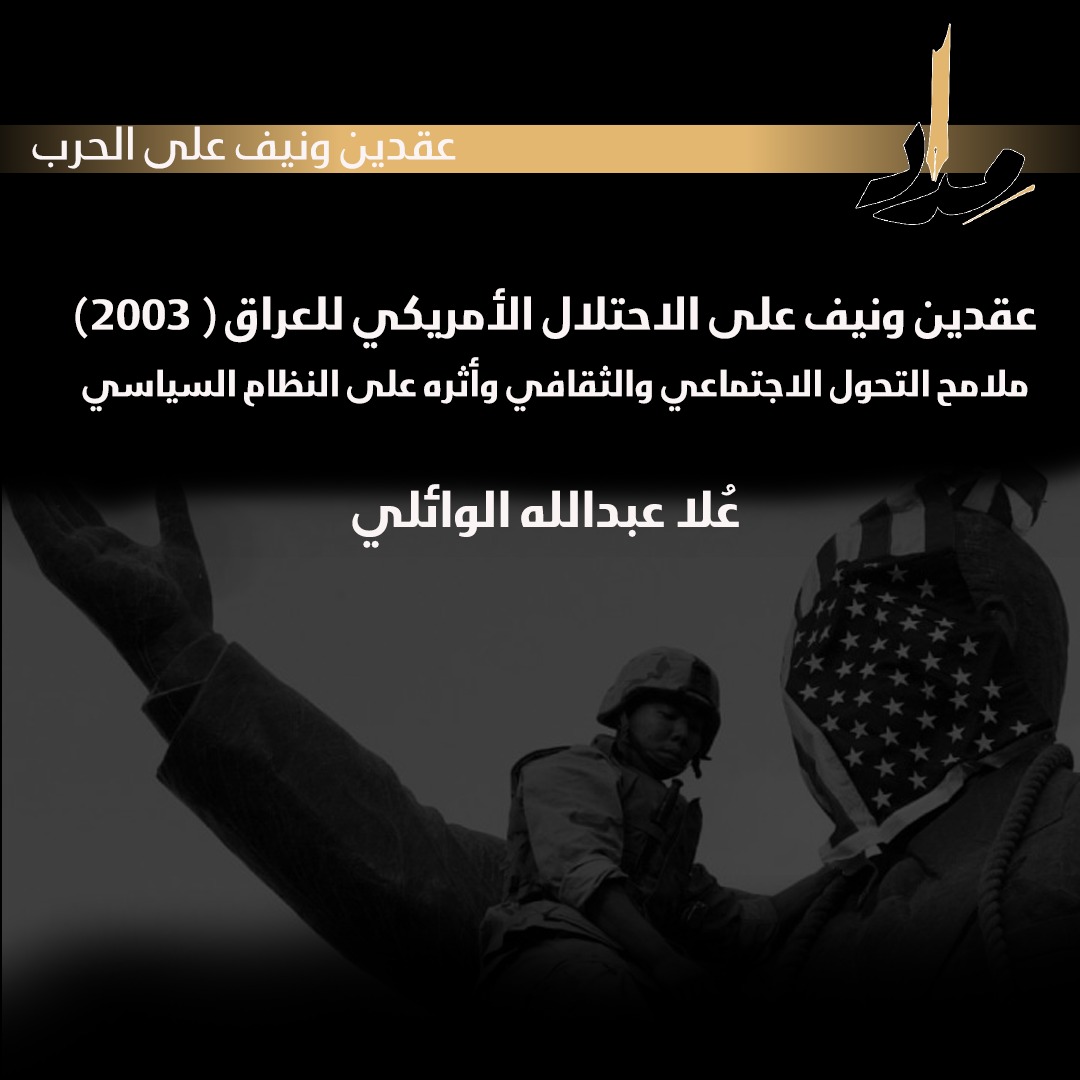 2025 / 12 / Apr
2025 / 12 / Apr
After 2003, Iraq witnessed profound transformations that altered the face of Iraqi society and shook the foundations of its political system. These transformations were not limited to political and economic aspects only, but extended to social and cultural aspects. These transformations posed significant challenges for the Iraqi state, including profound changes and transformations in various aspects of life, and consequently negatively impacted the political system. Iraqi society underwent a major transformation in its social system after the occupation, posing a major challenge to its security and political and social stability. This transformation was imposed by an external factor, namely the occupation and the projects it brought with it, which were often inconsistent with the value system of the Iraqi people. This transformation had, and continues to have, a significant impact on the Iraqi political system, and there is no doubt that it has left its clear mark on it, significantly altering the foundations of Iraqi society and reshaping its political map. This transformation led to radical shifts in the nature of the state and society. What are the most prominent of these transformations? How can we understand their impact on the political system?
For more information, download the full paper.

Political researcher